Melissa Kwasny’s Where Outside the Body Is the Soul Today
Who is Melissa Kwasny? How is it that I hadn’t known of her before this? How did she come to write this startling book?
Where Outside the Body Is the Soul Today, the 2017 entry in the Pacific Northwest Poetry series, simply blows me away. It’s perhaps a tough sell to a general audience, but I’m going to try. (With one opening couplet that reads thus: “Faint. Uncombed. Awash in rain. / They share the kind of beauty shared by older women.” What on earth will this poem be about?) It was not the sort of book I normally set out to read in one day. These are poems that one needs to mull over, to live with. Ultimately, it’s a book I will keep on my shelf to reread at a slower pace. A book that I already know will reward rereading.
Here is one prose poem from a series of 6 titled “Another Letter to the Soul”:
4.
You are the sound of rain, if it weren’t falling but rising from below, a ground-nester, not a tree one, such as the bobolink or longspur, created below our feet, like the oil is. Rain in the ears and snowmelt rushing through the heart, a distant sound, as of the past retreating. Though loud, continuing its retreating presence. What can the flood teach me about you? I see frothing at the surface and watch myself pulled in, as if identity were an antithesis to gravity. Yet not knowing is part of you, whether I sink or swim, whether I abandon the body or stay and fight for it. When someone says, “you will know when the time comes,” does she mean the soul speaks? What part, then, indecision, net of doubts we might call debris, web of plastic tape roping off the danger? Mudbanks where the deer’s leg sinks in?
I’ve been fascinated by the soul, by the concept of the soul, since I was a kid. I won’t go into that right now, except to say that Kwasny’s book shows me that I am not alone in my obsessions. (And floods! “What can the flood teach me about you?”) Her poems make me want to open my notebook and write my own meditations, to ride them as far as they will take me, even if I end up falling into a mudbank. First, after all, there’s the soaring.

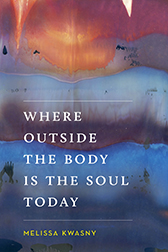
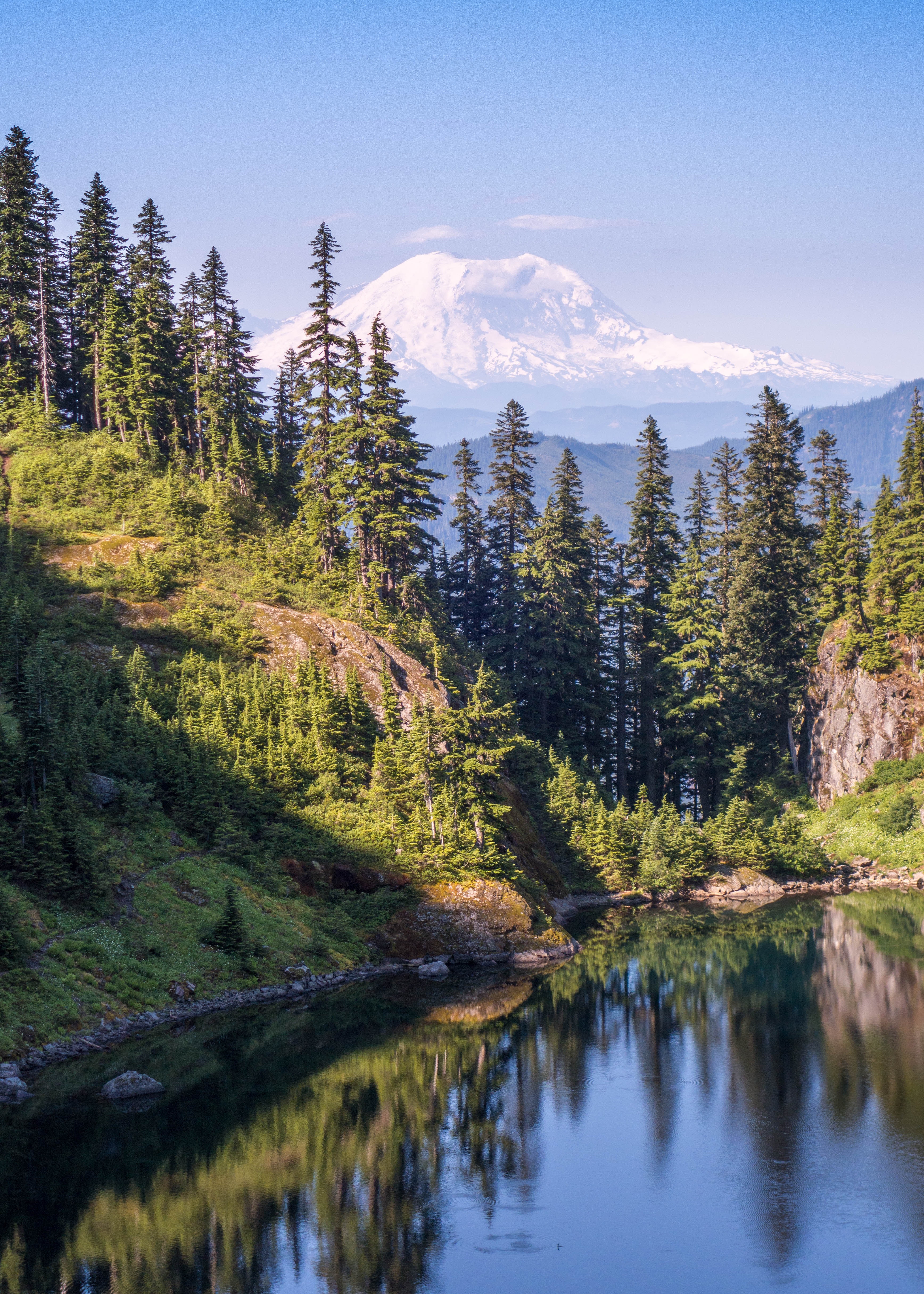
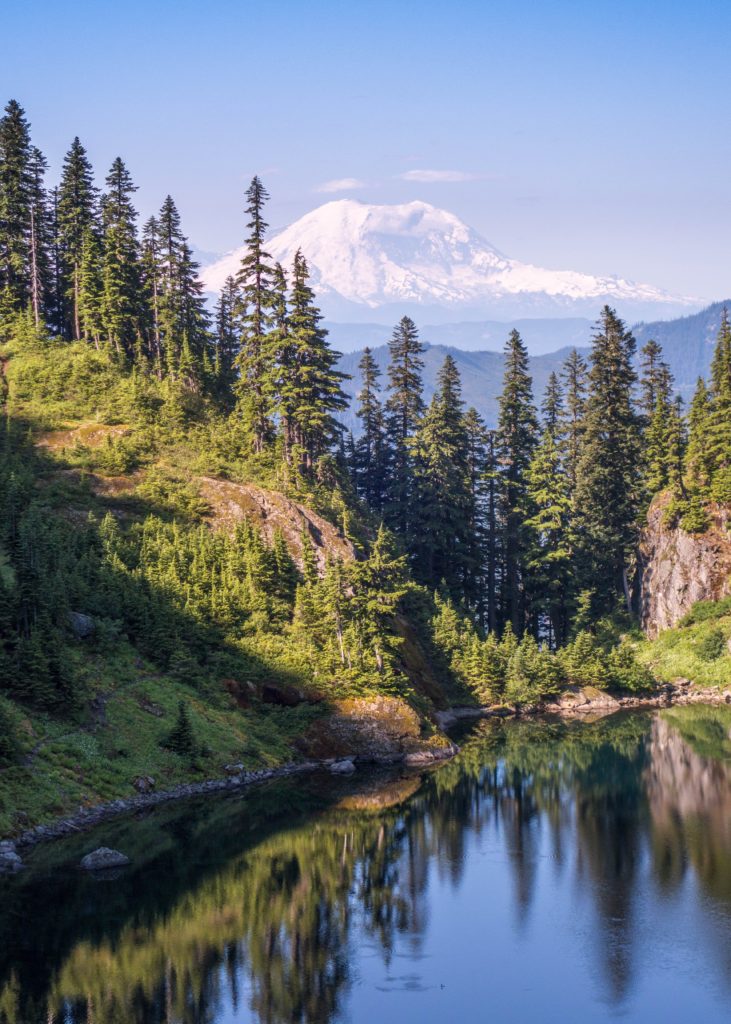
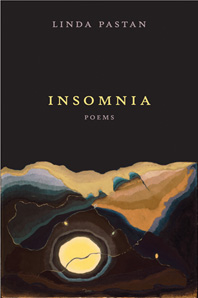
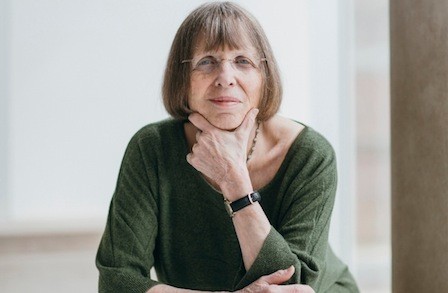
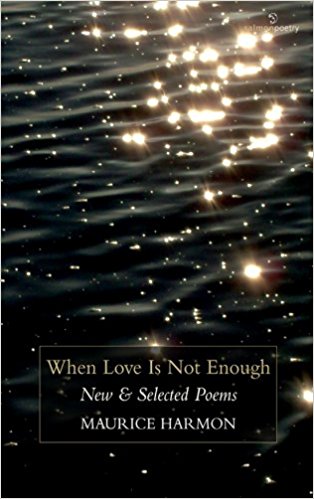
 This morning I reread the poems in Love Is Not Enough by Irish academic and poet
This morning I reread the poems in Love Is Not Enough by Irish academic and poet